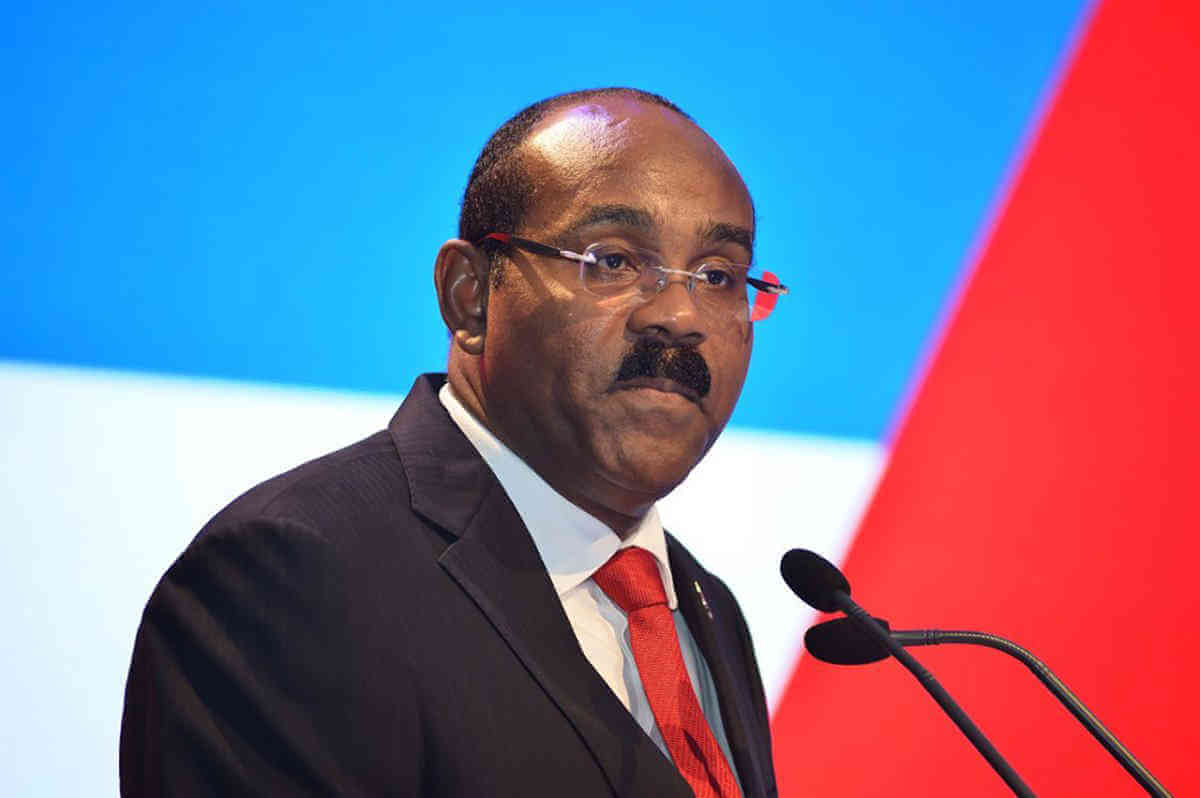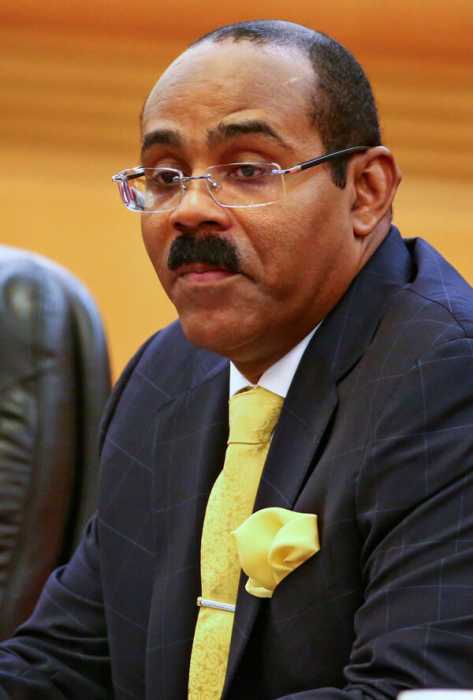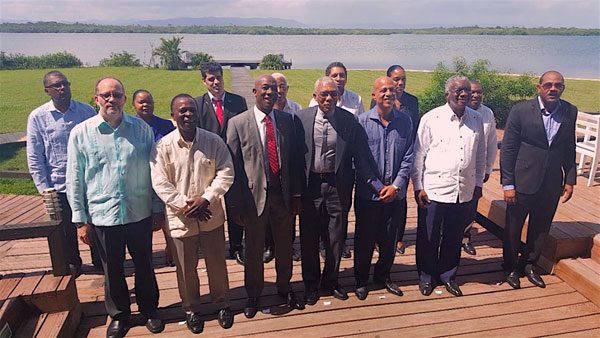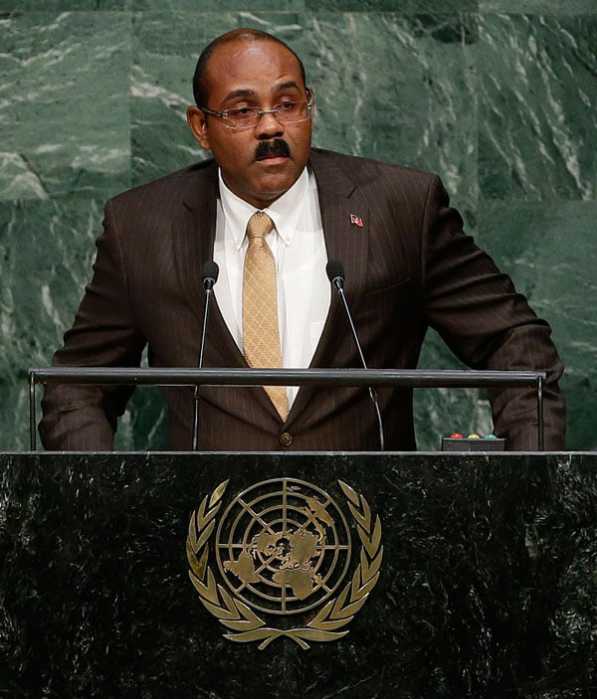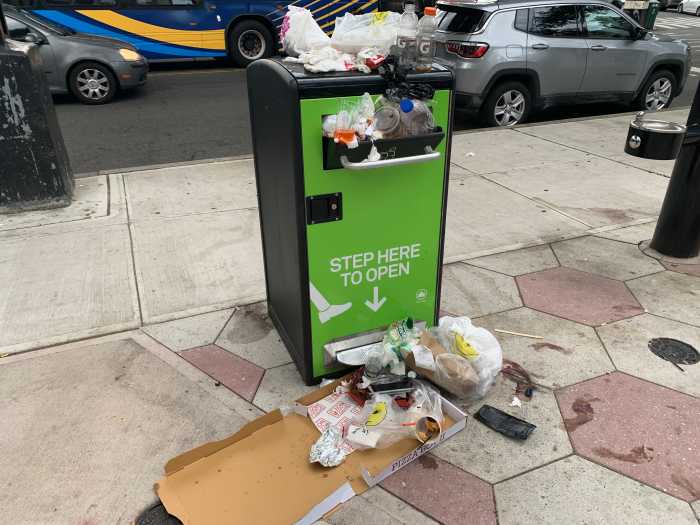Antigua and Barbuda Prime Minister Gaston Browne says there is no justice in the de-banking and barring of small Caribbean states from the international payment system.
“De-banking and de-risking undermines the ability of small countries to meet their development agenda and injures them without any mechanism for remedy,” Browne told an audience of fellow Caribbean prime ministers, central bank and financial officials, and private sector representatives in addressing a forum in St. Lucia on Thursday organized by the Economic Commission for Latin America and the Caribbean (ECLAC).
Browne’s remarks were part of a wide-ranging discourse on the severe challenges that Caribbean countries face in the financial services sector as a consequence of actions of the Paris-based Organization for Economic Cooperation and Development (OECD), the Financial Action Task Force (FATF), the European Union Commission and the United States government, according to an Antigua and Barbuda Government statement.
Browne, who has lead responsibility for financial matters in the quasi-Cabinet of the Caribbean Community (CARICOM) Heads of Government, said that de-risking, which involves the loss of banking relations between Caribbean banks and international banks, “remains a looming threat that could create financial instability, plunging our countries into poverty, chaos and confusion.
“The consequences of de-risking — intended or unintended — could be more devastating than any natural disaster,” said Browne, a former banker and financial manager by training.
Recalling that “de-risking is utilized as a policy tool of financial warfare, to sanction rogue or uncooperative states,” the Antigua and Barbuda leader argued that it “should never be utilized as a tool to punish innocent people in cooperative and compliant countries in the Caribbean.
“The provision of correspondent banking service is a fundamental human right,” he said. “It is just as important as the provision of other basic services, including include water, electricity and broadband services.”
Browne set out measures to address the problem of de-risking which, he said, could shut down established and regulated financial systems, and so encourage unregulated methods that would fuel money laundering and other financial crimes.
Among the proposals that the prime minister made are encouraging all banks to focus on managing financial crime risks, instead of risk avoidance, and the utilization of new technology, including block chain, to identify suspicious transactions and to ensure full traceability, according to the statement.
It said Browne has been the lead advocate of the rights of Caribbean countries in this matter since July 2014, taking his mission to international financial institutions, multilateral bodies and private sector fora.


